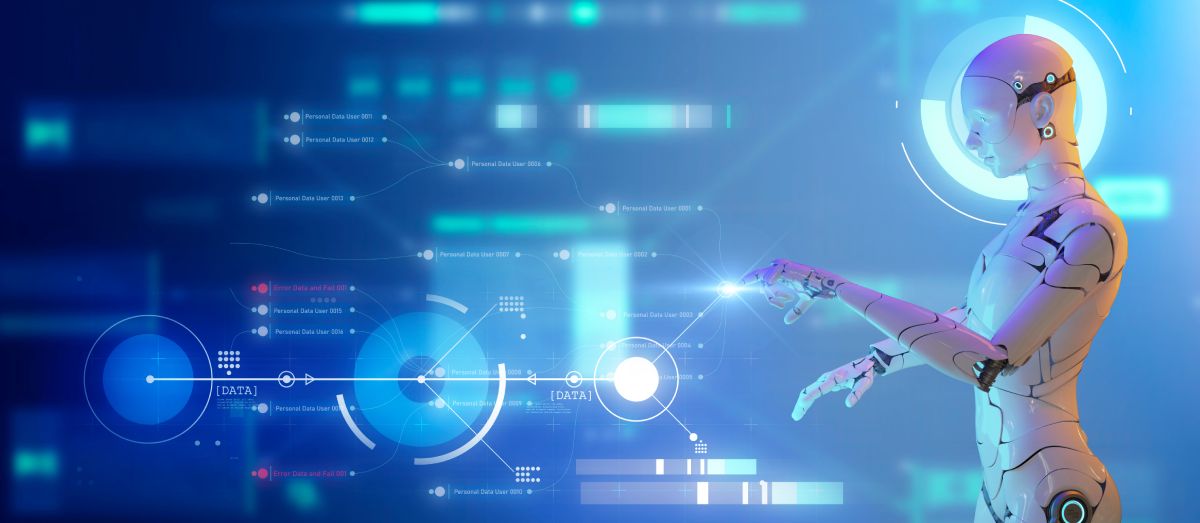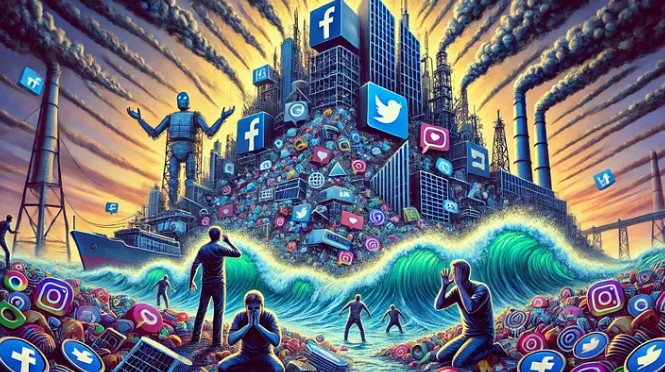The future is often painted with vivid images of robots and artificial intelligence taking over every aspect of our lives. From smart homes to self-driving cars, automation is no longer a distant dream but a present reality. However, as we move forward in this technology-driven world, the role of human creativity and innovation is as important as ever. Automation is undoubtedly changing industries, but it’s the people behind the machines who will ultimately shape the future. Automating the future of our world and why human intelligence is irreplaceable.
A Brief History of Automation
Automation is not a new concept. It has been a part of human development since the Industrial Revolution when machines began to replace manual labor in factories. The early days of automation focused on mechanical processes, but with the advent of computers and artificial intelligence, automation has become more sophisticated, affecting almost every industry today. From simple mechanical tools to complex algorithms, automation has evolved rapidly.
The Rise of Artificial Intelligence
Artificial intelligence (AI) has become the driving force behind modern automation. AI-powered machines can perform tasks that once required human intervention, ranging from data analysis to creative endeavors such as creating music or writing code. This new wave of intelligent automation has revolutionized industries such as healthcare, finance, and manufacturing, bringing greater efficiency and cost savings.
Impact on the Workforce
One of the most debated topics related to automation is its impact on employment. As machines become able to perform complex tasks, many people fear job displacement. While it is true that some jobs may be automated, history has shown that technological advances often lead to the creation of new jobs. The key lies in adapting to the changing landscape by acquiring new skills and embracing lifelong learning.
Enhancing Productivity Through Automation
One of the primary benefits of automation is its ability to increase productivity. By taking over repetitive or mundane tasks, machines allow human workers to focus on more meaningful and creative work. This can lead to higher job satisfaction and innovation within industries. Automation helps streamline processes, reduce human error, and improve overall efficiency.
Challenges of Implementing Automation
While automation offers various benefits, it is not without its challenges. One of the main obstacles is the high cost of implementation, especially for small and medium-sized businesses. Additionally, integrating automation into existing systems can be complex and time-consuming. There is also the issue of security, as automated systems can be vulnerable to cyber-attacks if not properly protected.
The Ethical Considerations of Automation
As machines take on more roles traditionally held by humans, ethical questions arise. How should we regulate AI systems to ensure they act in society’s best interest? What happens when autonomous machines make decisions that negatively impact people’s lives? These are pressing concerns that must be addressed as automation continues to evolve. It is crucial to develop a framework that ensures fairness, transparency, and accountability in the deployment of automated systems.
Humans and Machines: A Collaborative Automating the future
Rather than viewing automation as a threat, it should be seen as an opportunity for collaboration. Human imagination and passionate insight are qualities that machines cannot replicate. While machines excel at performing repetitive tasks and analyzing data, humans will continue to play a key role in strategic thinking, problem-solving, and innovation. The future of work will likely be a blend of human-machine collaboration, where both parties complement each other’s strengths.
The Role of Education in an Automating the future World
As automation reshapes industries, the need for education system development becomes critical. Training students for traditional career paths is no longer enough. They should be equipped with skills that are relevant in a technology-driven world. Critical thinking, creativity, and emotional intelligence are qualities that cannot be easily automated and will continue to be essential in the workforce of the future. Educational institutions should prioritize these skills to prepare future generations for success.
Looking to the Future: What Comes Next?
The future of automation is full of possibilities, from advances in AI to fully autonomous systems in various industries. However, as automation becomes more widespread, new challenges and opportunities will arise. Navigating this rapidly changing landscape will require human creativity and adaptability. As we look to the future, the question is not whether automation will replace humans but how we can harness its potential to create a better, more equitable world.
Conclusion
Automating the future shapes the future, but it is important to remember that behind every machine there is a human intelligence. While automation can handle repetitive tasks, it is human creativity, problem-solving, and emotional intelligence that will drive growth. As we move toward an automated future, the focus should not be on replacing humans, but on finding new ways to collaborate and innovate. The future is bright for those who embrace change and continue to learn, adapt, and grow with technology.










